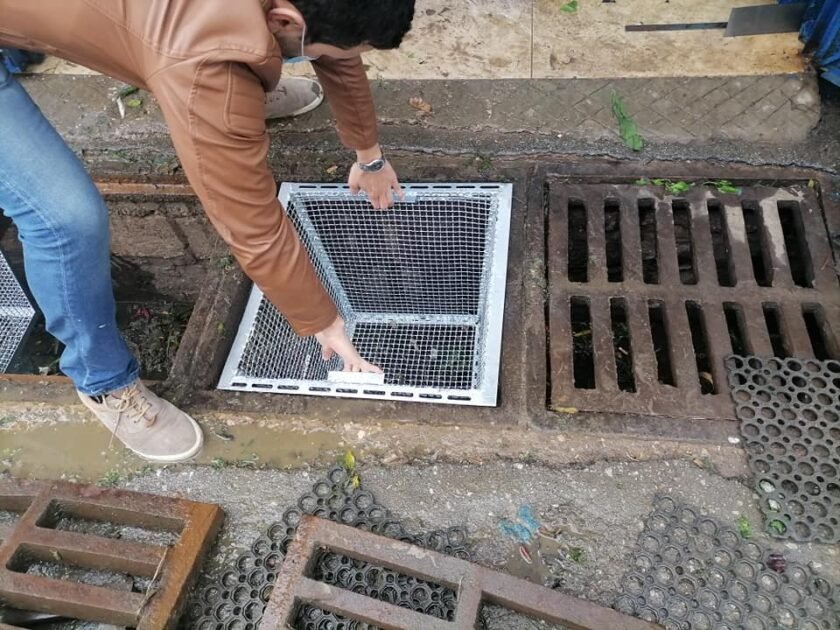Founded in 2002 , Boussayene Knani & Associés is one of the leading corporate law firms in Tunsia. With experience as former judges, corporate executives or professors, the firm’s partners have all aspects of law covered. Leaders League spoke to founding-partner Mehrez Boussayene.
Leaders League:
What place does arbitration have in your practice?
Mehrez Boussayene. Arbitration has been one of the most importantsectors in our firm for around twentyyears. Our lawyers act as both arbitrators and as arbitration counsel. We have handled numerous international cases before the ICC as well as various ad hoc arbitrations in different fields, such as the construction of public works, telecommunications, air transportation, tourism and energy.
The fact that our firm is made up of a number of lawyers who have practiced as judges and have taught the key disciplines of commercial law at university level (commercial enterprise, international contracts, foreign investments, energy and more) places us amongst the leading Tunisian law firms. We have been entrusted with major arbitration cases by both local businesses and international trading companies.
The experience gained by some of our younger associates in one of France’s largest law firms and a multinational corporation has strengthened the expertise of B.K. & Associés In terms of international arbitration, our lawyers have been called upon by large American and European law firms to provide legal advice and act as an authority and a legal aid on local law.
Tunisia has signed 61 investment treaties with foreign countries, most recently with China, 42 of which are already being enforced. What is the current investment situation?
Tunisia has some huge assets to attract foreign investment into the country. The geographical proximity of the country to the European market, its modernity and a highly qualified workforce have formed
something of a bridge between East an West, encouraging the establishment of wholly or at least partially export companies.
The Tunisian legislator has, since the last century, equipped the country with a series of laws designed to attract investments and reassure investors by creating an atmosphere of legal security.
Since 2011, the major upheavals which have affected North Africa and the Middle East have had a negative impact on investment. The restoration of security and establishing of democratic rules in Tunisia are noticeably improving business conditions in the country. These assets, which Tunisia has always had at its disposal, should succeed in helping the country regain its place as one of the best African countries in which to invest. The new investment law, which came into effect on the September 17th 2016, includes new rules to reinforce the initiative of encouraging investment in the country.
What types of cases do you deal with in arbitration and what are the challenges you face?
The disputes which have arisen over the past few years that the firm has worked on have often been linked to the economic consequences the country has suffered as a result of the political and social upheaval in Tunisia since 2011. The difficulty in fulfillingcertain large contracts, cancellation of contracts due to unforeseen circumstances and the civil liability connected to the damaging consequences of this upheaval have driven the dispute resolution team to work on those cases which give rise to new problems for which there is no precedent.
On a domestic level, Boussayene Knani & Associates have acted in various ad hoc arbitrations; institutional arbitration still being in its early stages. These arbitrations have focused on diverse sectors of the economy, such as the hospitality trade, financial services and telecommunications.
TunisianMonitorOnline (Leaders League)




